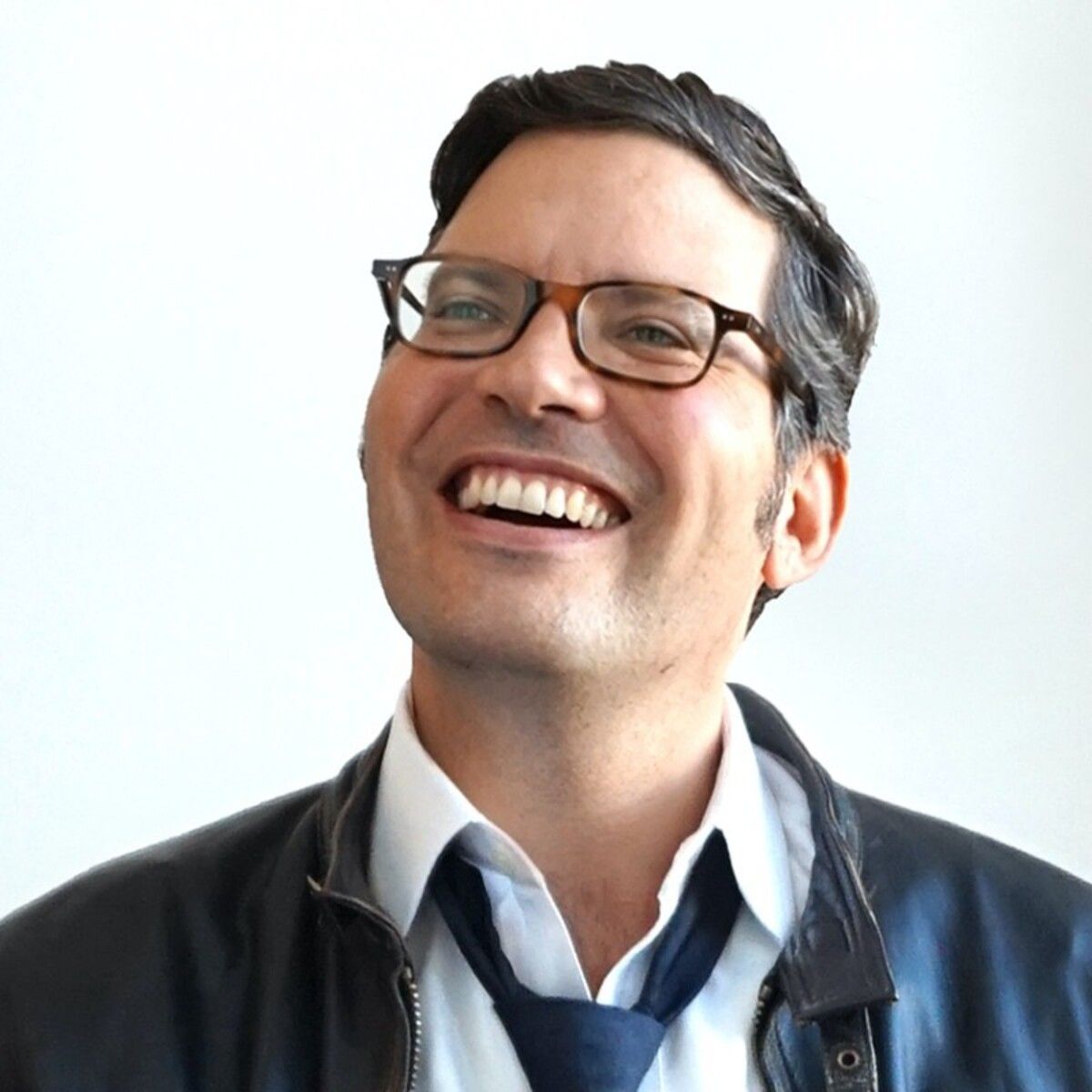Inside the blast furnace.

10 years ago I was leading a joint venture between Google and PWC that was deteriorating into a monumental clusterfuck. In the middle of the shitstorm a friend sent me a TED talk to cheer me up. In it, a highly caffeinated, bespectacled man talked about how innovation is supposed to work inside of huge companies. My friend hoped to make me feel better. The video made me feel worse.
The man was Simon Sinek. It was immediately clear that he’d never innovated inside of a large company in his life. He was making shit up. The purpose of the talk wasn’t to help me, it was to feed his ego.
That’s when it hit me: business thought leadership is dominated by people who’ve never led a business.
The real stuff, the ugly underbelly, the hidden triumphs, are scrubbed from the TED stage. It doesn’t show up in the corridors of Harvard Business School. But it’s what actually shapes the work. I’ve launched 33 products across the Fortune 500, I’ve had three exits. There are hidden truths to how leadership and innovation work that everyone struggles with but no one talks about.
These themes have shaped my life. I’ll revisit them in this blog. Here are a few of them:
Second Mountain Business Punks
There comes a point in most people’s careers when the success they’ve been chasing is no longer the purpose they feel called to. The trophies of a bigger bonus, a big promotion, more recognition feel like atrophy.
That dislocation is incredibly lonely and hard. But the leader who emerges from it is uniquely powerful. I refer to second mountain leaders as Business Punks. Because they become proud that they don’t fit in. In our second mountain we define what ‘winning’ means - rather than tethering our self worth to an institution’s definition of making it. I hit my second mountain when I quit my job as director of innovation at Bloomberg when I was 37. My life today is entirely in service of Business Punks.
Second mountain business punks drive the biggest breakthroughs of our time. They’re mostly invisible. Until now. I celebrate them here.
FOMO vs. FOLP
FOMO, the fear of missing out, is the catalyst of innovation. But FOLP, fear of losing power, is what actually runs the place. Inside dictatorships and huge companies FOLP usually wins. Self preservation usually trumps progress. The tension between FOLP and FOMO is the physics of enterprise innovation. Progress creates friction. Friction creates lift. FOLP is a ubiquitous, essential element of enterprise innovation. No one talks about it. I do.
The ‘Fu*k You Pay Me’ Meeting
Every new push for progress will eventually have it’s “fu*k you pay me” meeting. Where your CFO (or CEO, or VC, or board) sits you down, and says, “What the fuck have you done with our money?”
Other times, it’s the other way around. Outside investors look at the bloated, bureaucratic, disaster your company has become and ask, “Why haven’t you innovated to unf*ck this situation?”
I’m one of a small number of innovators who also spent a decade on Wall Street.
I was the fu*k you pay me meeting.
I talk a lot about what it is, and how to prepare for it.
Data vs. Dogma
In 2022, right after Chat GPT catapulted AI into every Fortune 500 earnings call, JP Morgan announced plans to invest $18bn annually in AI. What JP Morgan did not say is that for the previous three years they lost 5 AI employees for every 4 they hired. The “investment” was not going to create some hockey stick stock chart for JPM; it was going to patch a leak.
When I worked on Wall St. my specialty was contrarian, alternative data. I was really good at hunting down weird, messy data points that unearthed the hidden truth once they were cleaned up.
There are a few contrarian, data driven themes that I’ll keep coming back to here:
The Great Disruption Deception Disruption almost never happens. Since 1997 only 48 companies broke into the Fortune 500 before they were ten years old. Four of those 48 companies - Facebook, Amazon, Google, and Apple - changed history. But think of the industries which, for the most part, are exactly the same: energy, oil and gas, banking, insurance, healthcare. The same companies, processes, and people dominate those industries today as when Bill Clinton was president.
Which leads me to my next point:
Abundance vs. Indulgence Innovation We’ve become very good at inventing technology that makes teenagers addicted to their phones. We’ve become very bad at providing good healthcare, building bridges and roads, and resolving insurance claims. Those industries were more efficient in 1978 than they are today. People freak the fuck out about a tiny hypergrowth innovation tree, without realizing that the rest of the forest is becoming fossilized.
Inequality is the carbon emissions of software innovation Claudia Goldin, a Nobel laureate, Harvard economist, found that when innovation outpaces education inequality surges. You get a few, unaffordable, tiny education islands like San Francisco and New York City where the fastest growing companies influence the curriculum, and a vast rust belt everywhere else. No one talks about Claudia Goldin. I do. She’s the most important economist of our time.
Progress Needs Protagonists Michael Lewis could have written a white paper about how changes in NFL free agency affected the economics of offensive linemen. And no one would have read it.
Instead he wrote “The Blind Side,” a book about Michael Oher, a Black kid from Louisiana who escaped poverty by becoming one of the greatest blind side offensive tackles of his generation.
Inflection points have heroes and villains. I’ve known many of them. When we share their stories we amplify a signal that most great innovators need to hear:
You are not alone.
This shit is hard. It’s hard to be motivated by impact in a system that’s obsessed with status. It’s hard to realize that the success you’ve spent your life chasing is no longer the purpose that is calling you. It’s hard to stay clear and calm when digitally enhanced narcissists scream for your attention.
We live in a loud, ego-driven, messy, digitized world. Where experts without experience sell advice without accountability. But when you’re going through hell, what you need is compassion - not advice. Someone who’s been through the fire and lived to tell you: “You are not alone.”
This blog is a countermeasure.
For speaking enquiries please email [email protected]
